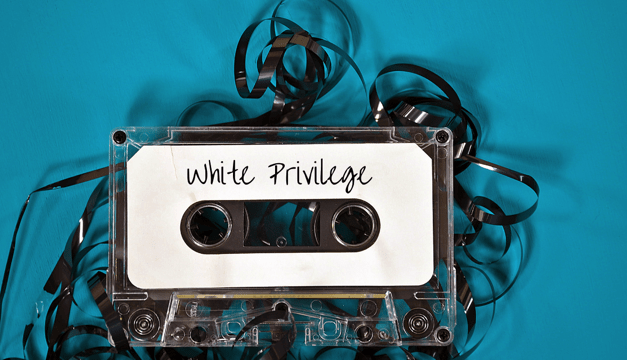Racial Justice at Work: How We, White People, Silence Our BIPOC Colleagues
Because whiteness is a dominant identity group in the context of white supremacy, white experiences dominate and voicing other experiences can be arduous. After being repeatedly dismissed, denied, diminished, disbelieved, and deflected, this experience becomes harder to express. Hence, people of color stop talking about it altogether. And if they’re not talking about it, then we’re not hearing it.
Read More
















